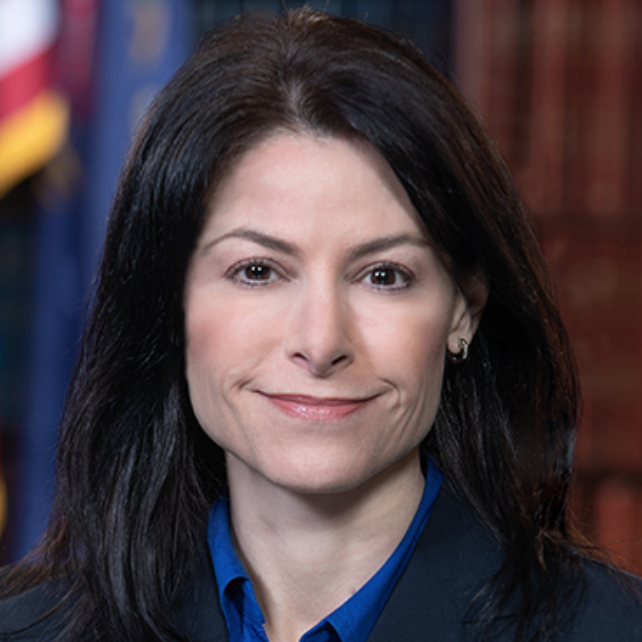
The Michigan Attorney General’s office on Thursday issued a cease and desist letter to 11 senior living communities throughout the state’s Lower Peninsula, along with their parent and management companies, alleging that residents were charged a $900 supplemental fee to cover COVID-related costs, which the office says could be an unlawful business practice.
But Senior Village Management, the management company for Brighton, MI-based CommonSail Investment Group (CSIG) Holding Co., parent company of the communities, refutes the allegation.
“We have been in contact with the attorney general, and we are not charging the COVID fee stated in [Attorney General Dana Nessel’s] statement,” Irina Olgart, director of marketing for Senior Village Management, told McKnight’s Senior Living. She said the company has not yet received a reply.
Senior Village Management Vice President Jonathan Restum provided a different response to another news outlet, stating the attorney general’s office “didn’t like the timing” of the fee and the company now has decided to eliminate it.
In a news release issued Thursday, Nessel said that 38 residents or their families had filed complaints over the fees, which potentially violate Michigan’s consumer protection laws. The cease and desist letters were sent Tuesday to CSIG; Senior Village Management; Senior Village Portage (doing business as StoryPoint Portage), also part of the CSIG Holding family; and senior living communities in Brighton, Petoskey, Plymouth, Oxford, Midland, Grand Ledge, White Lake, Rockford, Chesterfield and Saline, MI.
The majority of complaints (37) came from Independence Village of Brighton, and one came from StoryPoint Portage. Both are independent living, assisted living and memory care communities.
In the letter, Nessel’s office said it met with Andrew Dorr, vice president of experience for Senior Village Management, who said the fee was “a one-time fee to partially offset cost increases attributed to COVID-19 response, retroactive to March 2020.” The fee reportedly covered additional charges for meal service, personal protective equipment and cleaning services. Dorr told representatives from the attorney general’s office that residents who “pushed back” on the fee were told they did not have to pay it, the letter said, “bringing into question the fairness of a fee ultimately borne only by those too trusting or afraid to resist its imposition.”
The portion of the lease agreement Dorr pointed to in authorizing the fee refers to increases in “monthly charges” with a 30-day written notice, the attorney general said.
“No doubt, residents confronted with bills for this fee in the context of the pandemic have felt both legal and emotional pressure to pay them,” the letter reads. “Your action in presenting bills to residents not contemplated by the lease has left them in the unfortunate position of either rapping or living with the fear or uncertainty over the consequences of not doing so.”
Nessel’s office alleges that the fee is inconsistent with the residents’ leases and violates the following unfair trade practices:
- Causing a probability of confusion or of misunderstanding as to the legal rights, obligations, or remedies of a party to a transaction;
- Failing to reveal a material fact, the omission of which tends to mislead or deceive the consumer, and which fact could not reasonably be known by the consumer;
- Causing coercion and duress as the result of the time and nature of a sales presentation; and
- Making a representation of fact or statement of fact material to the transaction such that a person reasonably believes the represented or suggested state of affairs to be other than it actually is.
The operators could face a formal investigation or potential legal action if they do not respond, which they have 10 days to do after receipt of the letter. They also could sign an agreement to cancel and refund the fees to residents, as well as “make assurances that they will not violate the Michigan Consumer Protection Act again, among other terms.”
“This pandemic has caused financial strain for many people and businesses in Michigan, but that does not provide companies with the right to impose unauthorized costs on their customers and clients — especially those in our senior communities and others who are already living on a fixed income,” Nessel said.
The letter indicated that the attorney general’s office has no information regarding the number of residents who may have paid the fee.
A message was left with CSIG Holding Co. on Thursday.




